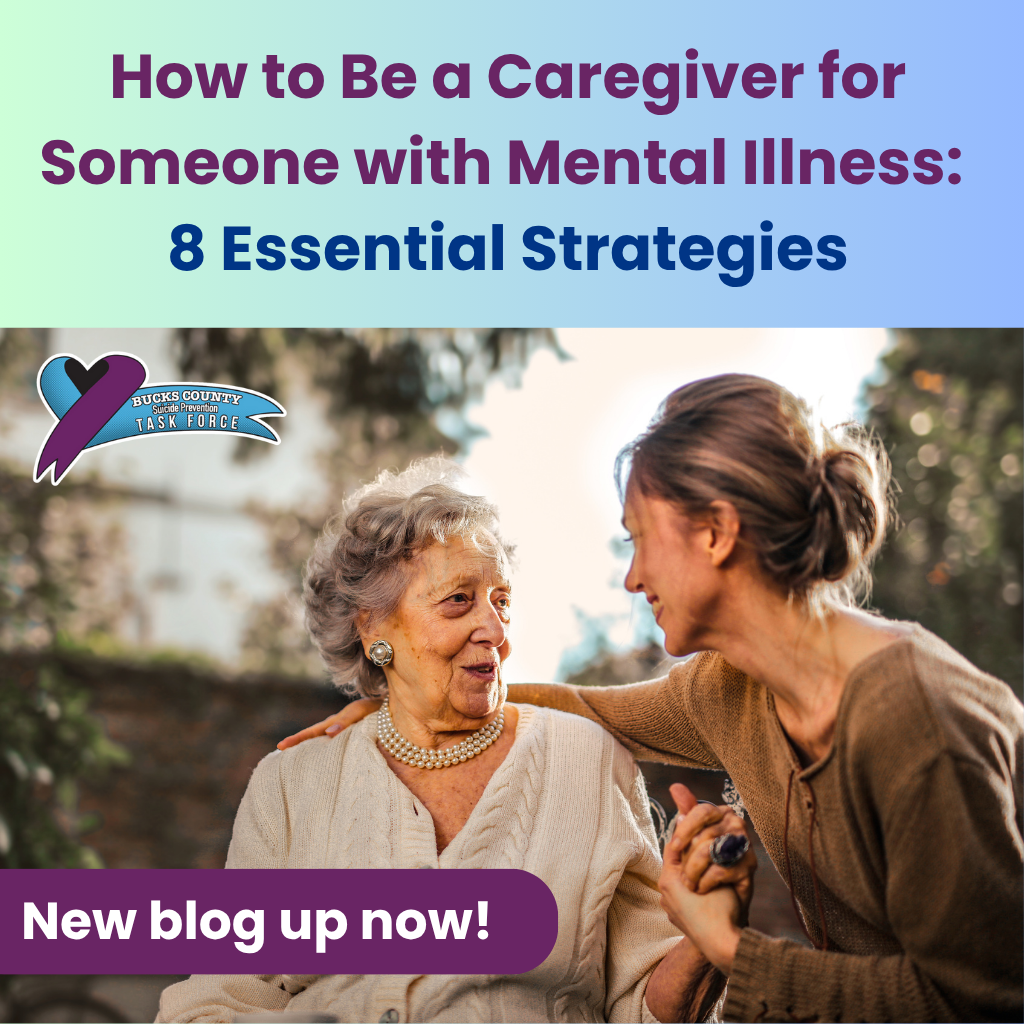Caring for a loved one with a mental illness can be one of the most compassionate and challenging roles you’ll ever take on. Whether you’re supporting someone with depression, bipolar disorder, schizophrenia, anxiety, or another mental health condition, the journey requires consistent patience, fortitude, and empathy. As a caregiver, you’re not only managing daily tasks, you’re often the emotional anchor, advocate, and support system.
While no two experiences are the same, here are key strategies that can help you provide effective, compassionate care without losing sight of your own well-being.
- Educate Yourself About the Condition
Understanding your loved one’s mental illness is the foundation of effective caregiving. The more informed you are about the symptoms, treatment options, triggers, and illness progression, the better prepared you’ll be to provide meaningful support.
Steps to take:
- Read books, articles, and trusted mental health resources like NAMI (National Alliance on Mental Illness) and visit our website resources.
- Attend educational workshops or online courses about mental health.
- Talk to healthcare professionals about what to expect.
Knowledge helps you approach caregiving with understanding rather than frustration.
- Foster Open and Compassionate Communication
One of the most powerful tools you have is your ability to listen without judgment. People living with mental illness often experience shame, fear, or confusion about their condition. Open communication helps them feel heard, understood, and less alone.
Tips for supportive dialogue:
- Use active listening by focusing fully, making eye contact, and repeating back key points.
- Avoid dismissing or minimizing their feelings (“It’s all in your head” or “Just cheer up”).
- Let them set the pace and timing for what and when they want to share.
- Ask open-ended questions like, “How are you feeling today?” or “Is there anything I can do to help?”
Being emotionally available sends the message: “You matter, and I’m here for you.”
- Encourage Professional Help and Treatment
While your support is critical, you are not a substitute for professional care. Encouraging your loved one to seek therapy, medication, or psychiatric support may be necessary for long-term stability.
How to help:
- Offer to assist in finding a therapist or psychiatrist.
- Accompany them to appointments, if they’re comfortable.
- Normalize therapy and medication as part of overall health.
- Be patient with their journey as starting treatment can take time, and relapses are possible.
If your loved one resists treatment, approach the conversation gently and repeatedly over time, emphasizing your concern and support rather than pushing or demanding.
- Develop a Crisis Plan
Mental health conditions can escalate quickly. Having a crisis plan in place ensures you know how to respond when your loved one is at risk of harming themselves or others.
Include in your plan:
- Emergency contacts (doctors, therapists, trusted friends/family)
- Local crisis hotlines or mental health facilities
- A list of medications and medical history
- Warning signs of a crisis (withdrawal, suicidal talk, erratic behavior)
Share the plan with other family members or friends who may be involved in caregiving. Knowing what to do in an emergency provides peace of mind and faster intervention when needed.
- Set Healthy Boundaries
Loving someone with a mental illness does not mean sacrificing your own well-being. Setting boundaries protects both you and your loved one, ensuring that caregiving doesn’t become overwhelming or unsustainable.
Examples of boundaries:
- Scheduling your personal time for rest and hobbies.
- Saying no to behaviors that are harmful or manipulative.
- Clarifying what types of support you can and cannot provide.
Boundaries are not about punishment—they’re about preserving emotional health and creating a balanced relationship.
- Practice Self-Care
Caring for someone with a mental illness can be emotionally taxing. To remain a reliable caregiver, you must take care of yourself first. Burnout, anxiety, and depression are common among caregivers who neglect their own needs.
Ways to prioritize self-care:
- Aim for regular sleep, good nutrition, and exercise routines.
- Make time for activities that bring you joy.
- Join a support group for caregivers.
- Seek therapy or counseling for yourself.
Prioritizing your mental health strengthens your ability to support others.
- Celebrate Small Wins
Progress in mental health can have setbacks, but there will also be victories—no matter how small. Celebrating these milestones helps keep hope alive and encourages continued recovery.
Look for and acknowledge:
- Days when your loved one feels more stable.
- Their willingness to attend therapy or take medication.
- Moments of self-awareness or emotional expression.
Even if progress feels slow, your recognition can be a powerful motivator and a reminder that things can improve.
- Be Patient and Nonjudgmental
Recovery is a marathon, not a sprint. There will be good days and hard days. Being patient and nonjudgmental—especially when symptoms worsen—helps reduce the shame and isolation your loved one may feel.
Avoid saying things like:
- “Why can’t you just get over it?”
- “You were fine yesterday.”
- “Others have it worse than you.”
Instead, offer calm, consistent support. Patience doesn’t mean enabling harmful behavior, but it does mean accepting that healing takes time and that setbacks are part of the process.
Being a caregiver to someone with a mental illness is a courageous role. It’s filled with challenges, but also the opportunity to make a profound difference in someone’s life. By educating yourself, fostering open communication, encouraging treatment, setting boundaries, seeking support, and practicing self-care, you can navigate the journey with strength and empathy.
If you are looking for additional mental health support for yourself or a loved one, you can contact the National Suicide & Crisis Lifeline 24/7 at 988 Text. Find more local resources on our website here.

